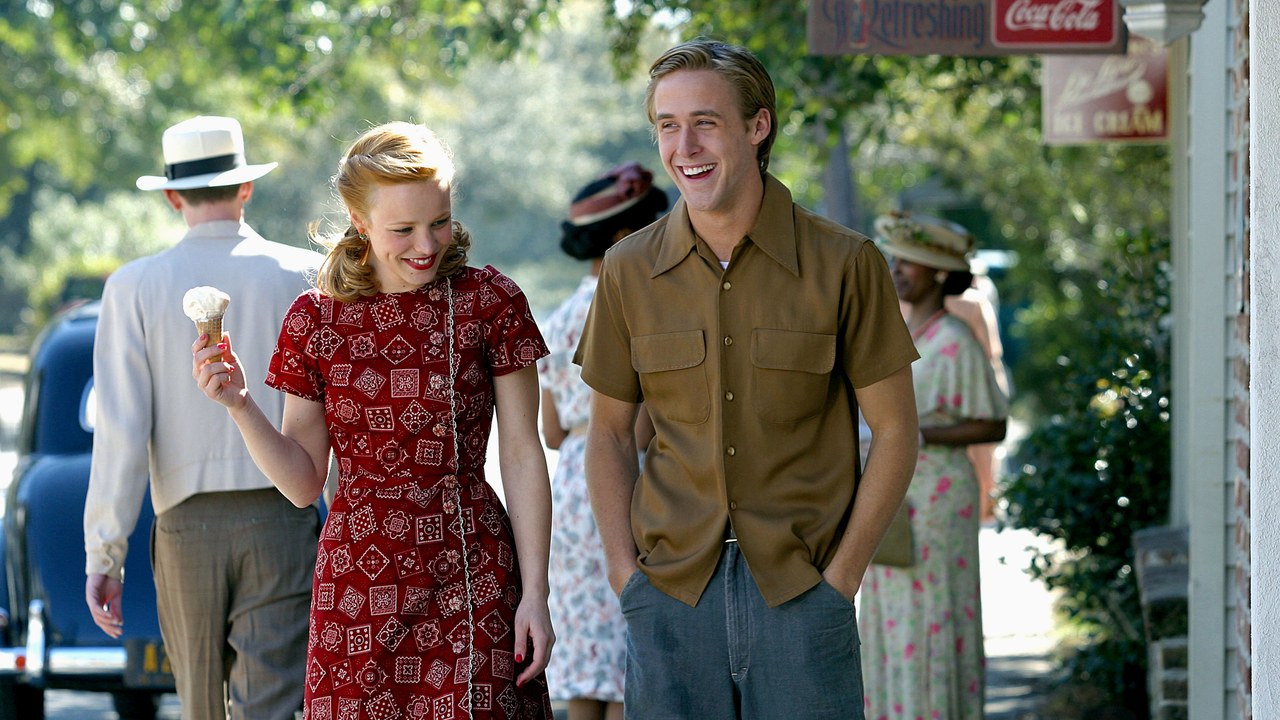Netflix has changed the ending of The Notebook leaving fans enraged. What impact does this have on the longevity of art and its original meaning?
In news which shocked generations of fans, Netflix
The original ending consists of the couple dying peacefully in bed side by side and cementing their place amongst Hollywood’s most loved couples. However, Netflix
As an English student I am encouraged, nay vehemently persuaded, to search for alternative interpretations. However, there is a difference between thinking deeply about other possible explanations and re writing the original. Why has rewriting art become such a thing? 100 years ago people weren’t changing the ending of cultural classics, so why are we doing it now? I hate to add to the already over-used barney, but I do believe social media has a lot to answer for. Through the median of Twitter and Instagram we are able to create our own narratives and sometimes can become so entrenched within ourselves that it’s hard to find a footing back in reality. To re write someone else’s art and make it our own, we essentially isolate ourselves in an impenetrable bubble consisting only of our ideas, views and preferences. This then makes us inadequate to deal with the thoughts and opinions of others, which are inevitably unavoidable.
Furthermore, where do we draw the line when it comes to
In light of the #MeToo movement, this radical departure from the original story was an evocative stand against the violent abuse women so often silently endure. However, what is so positive about this is that the original Carmen has not been forgotten or scratched from the record, which frankly is the stuff of futuristic dystopias. How can we live in a truly democratic and progressive society if history is constantly being rewritten and future generations are subsequently denied the awareness of the oppression and pain previous generations have been through?
In summary, Netflix bring back the ending we know and love. I promise we can handle it.
Image credit: Alamy

